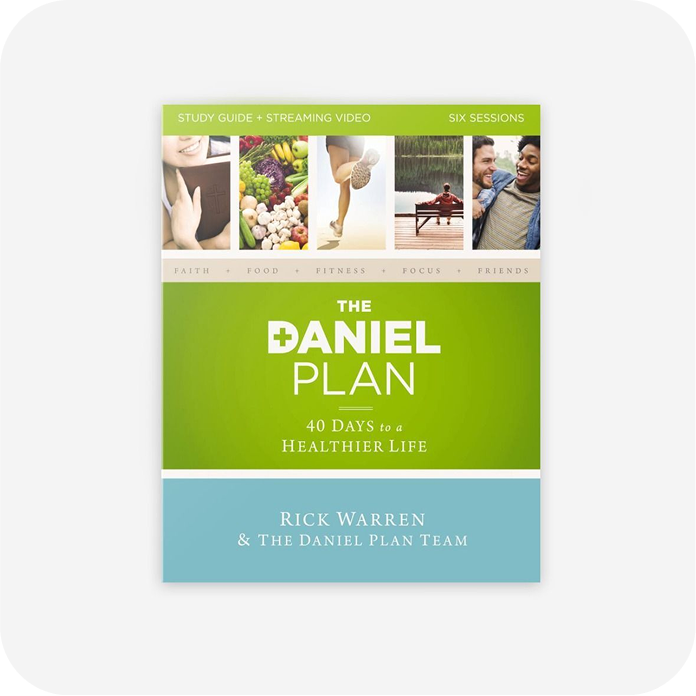You can easily tell the difference between a well-prepared meal and one that was just thrown together at the last minute.
If you eat all your meals at fast-food restaurants, you likely won’t be healthy. The same is true if you feed your church fast-food sermons. You can’t grow a healthy church on sermons you don’t prepare with care. When you skimp on sermon preparation, your church gets cheated.
That’s why sermon planning is so important. I know many pastors who don’t plan their preaching at all. They wake up every Monday morning asking themselves, “What am I going to preach on this week?”
Some pastors don’t plan because they believe spirituality and spontaneity go together. There’s a constant tension between the human and the divine in what God does through people, whether it’s preaching or something else.
When it comes to planning, we need to depend upon the Holy Spirit. We need to be willing to throw everything out if the Holy Spirit tells us to do so. Our sermons must be about God’s agenda, not ours.
Yet planning is also biblical. The Bible tells us that God himself plans. Ephesians 1:11 says that God works out everything according to this plan.
Jesus had a timetable, and he followed it. He would often say, “I must go to Jerusalem,” and “I must be about my Father’s business.” He knew where he was going and when he’d be there.
If God the Father and Jesus planned, shouldn’t you plan your preaching?
Why is planning so important?
It helps us offer a balanced diet.
When we plan, we can ensure our preaching ministry covers all the areas important to spiritual growth. Your congregation needs to grow in worship, fellowship, discipleship, ministry, and evangelism. Most likely, you’re wired to favor one of those purposes naturally. Planning makes sure you cover all five regularly.
We can collect material far in advance.
If you know you’ll be covering a topic some time during the year, you can save items on that topic any time you see something that relates to it. You’ll capture illustrations, biblical research, testimonials, and so on, and when it’s time to preach the sermon, you’ll have an abundance of material to choose from.
We can be more creative.
With more time spent on planning, we can add other features to support the message. It’s hard to add a testimony or special music when we decide on a topic on Thursday.
We can build momentum.
With a well-planned sermon calendar, our sermons can build upon one another. I’ve preached sermon series on recovery, purpose, confidence, and so on, where each sermon built upon the last one. It builds tremendous momentum as people get excited about the next message because of what they’ve experienced from the current one you’re preaching.
We can take advantage of special days for evangelism.
I always announce and start a new series at Easter. Then I invite people back for the second part of the series the following week. And at Christmas, I invite people back to our New Year’s sermon series. You can do that on other major days during your church year, such as Mother’s Day, too.
We can more effectively promote a series in advance if we’ve planned for it.
People are more likely to bring a friend if they know the sermons coming up. Tell your congregation that next week you’re preaching on depression, and they can bring their friends who struggle with it. If you don’t know what the sermon will be from week to week, how do you know who to invite?
Planning is a stress-reliever.
Without a plan, you have the constant stress of indecision. Pastors know that indecision is a killer. It will freeze everything in your ministry. If you know where you’re headed, you can work on crafting your message and not spend your time worrying about what’s next.
If you’ve never planned your sermons, start small. Don’t try to plan out an entire year. Start with a four-week sermon series with titles. Once you have an entire month planned, then plan a quarter, and then half a year.
Look into scheduling a regular sermon-planning retreat. Lloyd Ogilvie would spend the entire summer in Scotland planning and writing his sermons for the next year. Most of us can’t go to Scotland for sermon planning, but we can go somewhere quiet to pray about what God wants us to preach.
Developing a good sermon plan will be worth your time and effort. 







